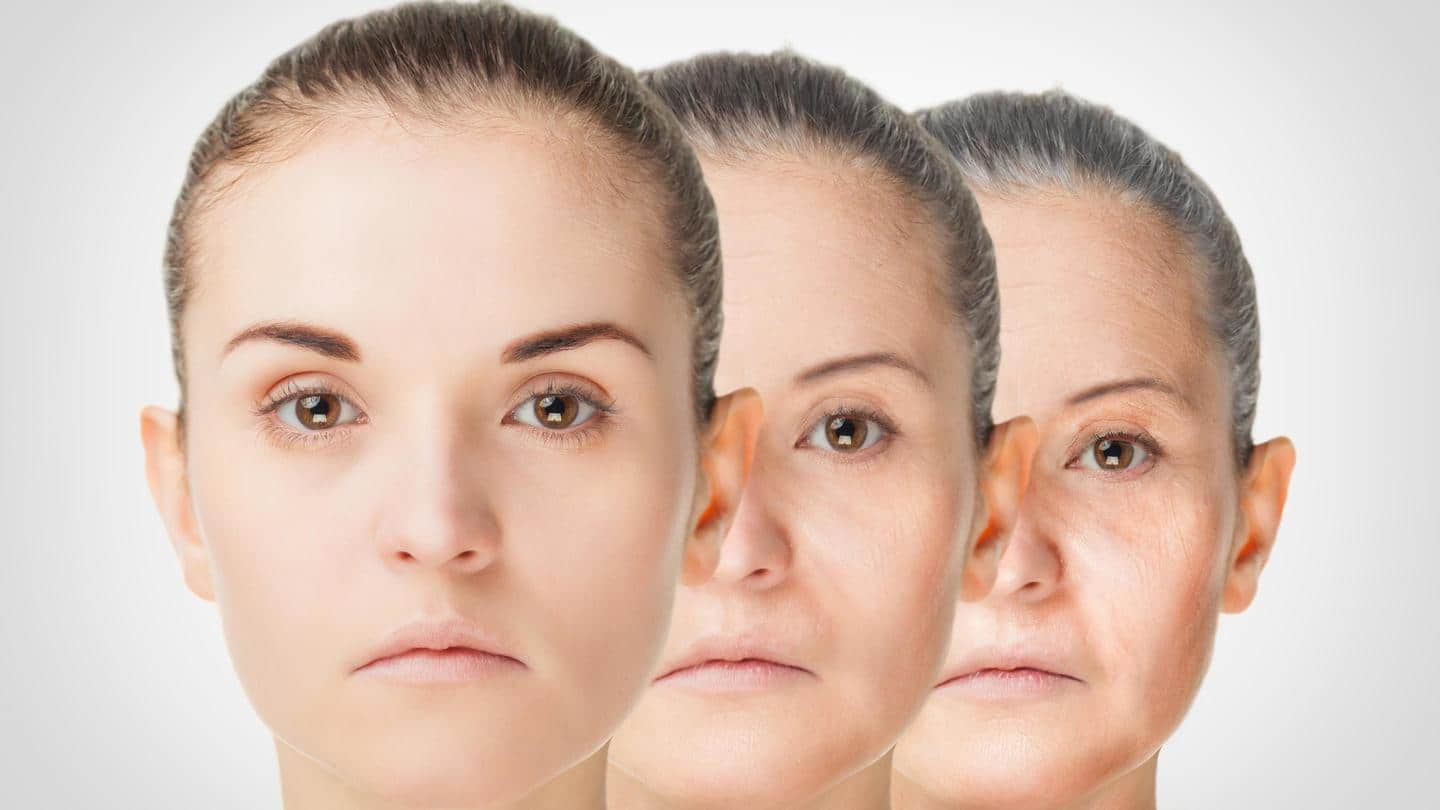
This biotech unicorn is working hard to reverse your age
What's the story
Altos Labs, a biotech start-up based in Silicon Valley, is hard at work to undo the effects of aging. It has received a whopping $3 billion as its seed fund.
The researchers claim to employ 'medical rejuvenation' to make cells young again. The focus is on altering the 'epigenome'—chemical markers which control gene expression—to reverse the effects of aging.
Context
Why does this story matter?
If you thought only cosmetic products would help you look younger, you are in for a surprise. Altos Labs is developing a medical procedure to reverse the human aging process.
As exciting as this sounds, it has its own set of drawbacks. For one, if the rejuvenation technology backfired, it can cause disastrous effects, leading to cancer.
Safety and efficacy also remain a question.
Information
Which technology is being employed?
As we grow older, the epigenetic markers in our cells naturally degrade and shift their positions. The start-up makes use of 'reprogramming' technology' to flip back these chemical markers. Needless to mention, this process can adversely bring about hazardous changes, leading to tumors.
Inspiration
'Reprogramming' strategy was discovered almost a decade ago
Notably, Japanese scientist Shinya Yamanaka bagged the Nobel Prize in 2012 for transforming ordinary cells into embryonic stem cells by furnishing four proteins, also called 'Yamanaka factors.'
His objective was to manufacture transplantable tissues. Other research groups sought to experiment this idea in animals.
What do you think happened? The researchers ended up getting horrifying results, and the test mice developed a ghastly tumor.
Study
Controlling the gene expression prevented development of tumor
Thereafter, a study carried out in 2016 at the Salk Institute yielded better results.
Mice affected by progeria, a rapid aging disorder, were genetically engineered to produce the 'Yamanaka factors' when supplied with certain supplements in their feed.
Scientists could now control the gene expression for a stipulated period, birthing the concept of 'partial-reprogramming.'
What's more, the mice became healthier and lived slightly longer.
Official words
'Partial-reprogramming' could be safe
"You rejuvenate cells, but you didn't lose the identity," said Richard Klausner, who spearheads Altos Labs.
"That could be safe. And this has [now] been done with many animals. They don't get cancer as long as you don't go past this point," he added.
The start-up will harness the same, partial-reprogramming technology to negate the effects of aging and make you look younger.
Conclusion
The technology will have to overcome several barriers
Altos Labs has been relying on data from a yet-to-be-published study which was successful in treating mice affected with diabetes via medical rejuvenation. However, the company isn't focused on doing 'life-span extension.'
There are several roadblocks ahead. For instance, there is still no scientific consensus about the aging process. It will be a while before we see any fruitful results.